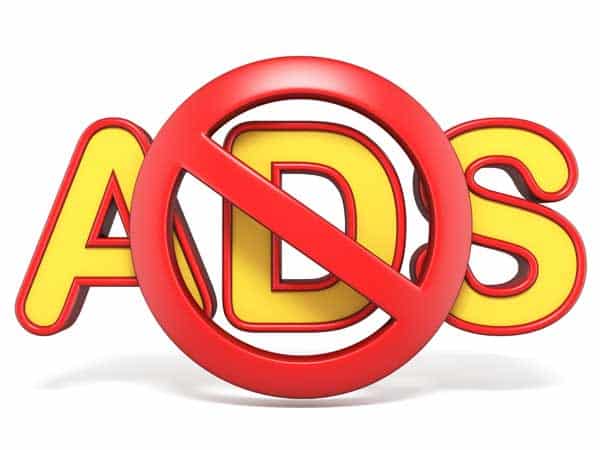YouTube recently started cracking down on ad blockers, showing messages that threaten to disable video viewing for users who block ads. However, this plan appears to be backfiring. Rather than complying, viewers are installing enhanced ad blockers at higher rates.

The Ad Blocker Crackdown
In a recent video, a popular YouTuber discussed YouTube’s apparent “war” against ad blockers. YouTube has implemented an aggressive policy, displaying messages that say video watching will be disabled if a user views more than three videos with an ad blocker enabled.
However, this directive clashes with common internet culture. Telling internet users what to do often yields the opposite intended response. Early on, the YouTuber told viewers not to ask for free repair advice. But requests only increased when free repair videos were posted.
Mandates Typically Backfire Online
Heavy-handed mandates rarely achieve compliance on the open internet. When access to information is limited, it tends to increase viewing. And commands are often rebelled against on principle. YouTube risks provoking its technically savvy viewers by attacking ad blockers.
Surge in Ad Blocker Installs
The article cites data showing definite backlash against YouTube’s policy. Major ad blockers like Ghostery have seen several times more installs and uninstalls recently. Most leaving cite failures blocking YouTube ads. However, paid versions still succeed in blocking YouTube ads, and some blockers have seen their user count increase significantly in response.
Most Viewers Don’t Use Blockers
While YouTube’s blunder makes waves among tech circles, most viewers remain unaware of ad blocking. Over 99% of the YouTuber’s revenue comes from ads, yet their advanced audience uses blockers less than other channels. Many millions of casual YouTube users don’t know what an ad blocker is or how to easily install one.
YouTube risks waking up this silent majority. Crackdowns could introduce unaware viewers to ad blocking, accelerating adoption more widely. There’s also the risk of breaking video functionality in embedded players that won’t update with anti-blocker code.
Why Viewers Block Ads
Research shows most users aren’t wholly anti-ad but rather object to disruptive, excessive, and unskippable ads. Viewers recognize an overstepped boundary regarding their experience. Even some who pay to remove ads, like with a Bloomberg subscription, resent ads injected into premium content.
People block ads when they feel exploited and lack power – installing more aggressive blockers is an attempt to regain control. The YouTuber pays for quality content but still blocks ads in browsers, finding most online ads as annoying as viewers do. They suggest creators seek alternative revenue streams less dependent on increasingly rejected ads.
The Internet’s Ad Problem
There are deeper problems with the advertiser-supported internet dominating quality content. Maximizing clicks, not providing value, often determines what rises to the top now. Content people are willing to pay for, like specialized tutorials, is buried under cheaply sensational, enraging, or addictive videos.
This reveals social media’s targeting algorithms and engagement-based rankings don’t filter for quality, harming discourse while platforms profit. The YouTuber believes the internet can balance serving both users and creators. But amid resentment of poor ad experiences, they advise creators diversify beyond volatile ad revenue to achieve sustainability.
Our Responsibility for Change
The YouTuber argues that rather than conspiracies, users bear responsibility for the internet’s over-commercialization. Early refusal to pay even small fees for digital content signaled an appetite for free, ad-supported services. And people eagerly exchanged personal data that fuels targeted advertising to receive free platforms.
Users sets the stage for today’s internet saturated with personalized advertising. While disliking this system, we collectively behaved to bring it about. Now viewers increasingly demand change through ad blocking. Achieving a better balance likely requires users voting for quality content with their dollars or attention, not just criticizing what they dislike.

